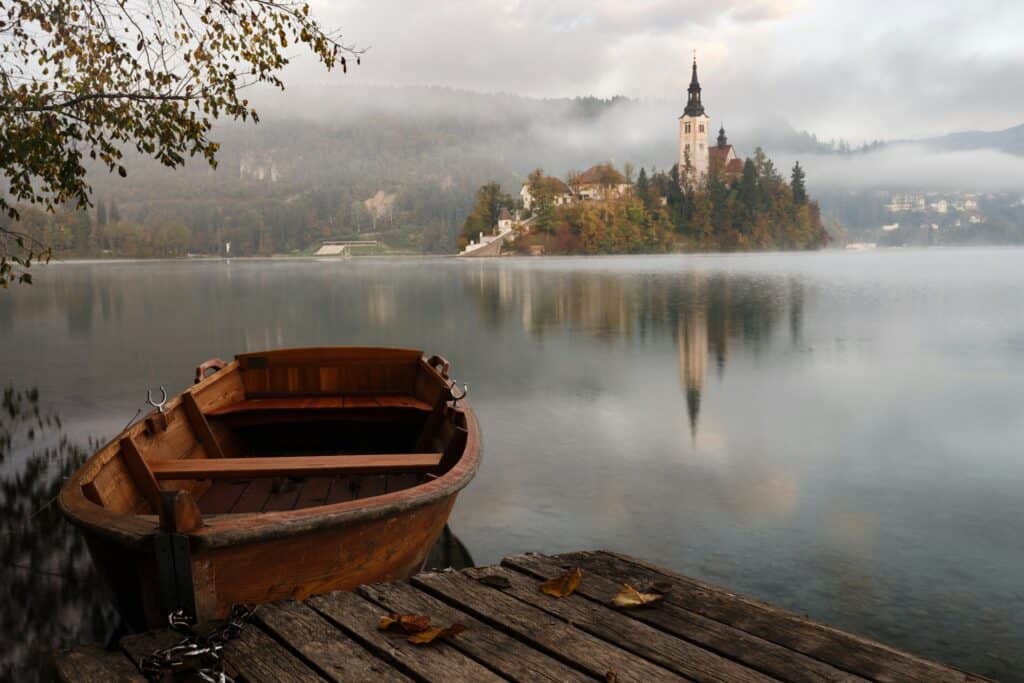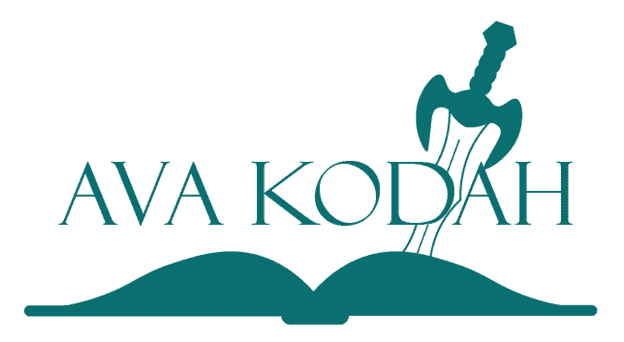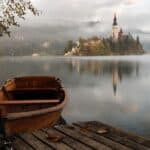
Chances are, if you write fantasy, you need to build your own world. (See here for a list of fantasy subgenres.) Worldbuilding can span from creating a single city to an entire cosmos.
Whether you just want to come up with the basics or you’re building an entire universe, here are 100+ worldbuilding questions organized by the following categories:
For the sake of being cohesive, all questions are asked as if the writer is building a nation or society that differs significantly from the real world. Feel free to replace the word nation with kingdom, country, town, village, or whatever fits your story best.
The natural world
- Describe the planets and stars of your world. Is there life on these? How did they get their names?
- Describe continents, islands, and oceans. Who controls these land masses and bodies of water?
- What is the general climate of your nation? What are the climates of different parts of the world?
- What type of plants grow in your nation? What are their properties and what are they used for?
- What kind of animals live there? What are they used for and/or how are they treated?
- Which natural resources are the most coveted and where are they found? Which natural resources are abundant or scarce in your nation?
- What does the terrain of your nation look like? (Consider soil type, water level, geological composition, etc.) How does it impact the nation’s civil engineering and architecture?
- What kind of soil is there? Is it good for agriculture or building? How does it also impact the nation’s civil engineering and architecture?
- What do the seasons look like? Does the climate have all four seasons or less than that?
- Are there natural laws of the real world that do not apply to this one (e.g. gravity)?
- Are there many fantastical races of people? (This includes elves, dwarves, and other mythological creatures.) What differentiates between these races? Describe them.
Magic systems
- Where does the magic come from?
- How does the magic operate? (Think cause and effect.)
- What is needed to use magic? What must be given up?
- How does using magic affect the user?
- How common is the ability to use magic?
- Are there different categories or types of magic? If so, what makes them different?
- Are there different levels to the power or potency of the magic? If so, how does a user advance in level?
- What fuels/powers the magical abilities?
- How is magic generally viewed? (Is it hated, revered, loved, or coveted?) Does this change based on what kind of magic it is or where you are/who you are in the world?
- What causes magical abilities to grow? Can they be enhanced through external means (e.g. potions or other magic items)?
- What role (if any) do magical items play in society? (This includes enchanted armor, weapons, jewelry, etc.)
- Can control of a power/magic be transferred?
- What role does magic play in government and society?
- How have magic users been treated throughout history? How are they treated today?
- What tasks and jobs does magic make easier? Does it eliminate the need for any jobs or vocations entirely?
History
- How has the world changed physically (e.g. rivers changing course, land masses shifting, etc.)?
- How far back does recorded history go?
- How has history been passed on? (Orally, through tradition and stories, through written accounts, etc.) Who has been in charge of recording history?
- What nations have come and gone in the known recorded history? What marked the births and deaths of these nations?
- How can history be separated into different time periods? What distinguishes one period of history from another? (This can be advancements in technology, a change in ruler, evolving mythology, etc.)
- Who are the most influential historical figures? What legends surround them?
- How was the world created? When did it begin? (This may tie into religion and mythology.)
- Describe any relevant wars or conflicts from the past and how they influence tensions and conflicts in the present day.
- How do different groups of people view accounts of history differently? How does this affect their present-day interactions?
- What are the three most important events of the immediate past? Of the distant past?
Government, politics, and war
- What current wars persist? What are the causes of these wars? What would it take to end them? Which groups of people are involved?
- Who are the leaders of the war? Who supports/doesn’t support the war and why?
- Are the people forced to take sides in a war or for politics? Who is caught in the crosshairs of the war?
- What are the prevailing political ideologies and philosophies? How do they conflict with one another?
- What are the consequences for disagreeing with the prevailing political ideologies?
- How does a war or impending war affect how people live their daily lives?
- Describe the current political climate. How does the political climate affect people’s daily lives?
- How are laws made? Who decides what becomes law?
- What are the top three most debated political issues of this world?
- Is there rebellion or major dissension brewing? If so, who leads the movement? Where does the movement’s support come from?
- Who are the political leaders of the nation? How do the common people view their leaders?
- What type of government system does the nation have?
- How does the government maintain control over its people?
- Can the people be separated into different castes or classes? How does this class system influence law and politics?
- Is there discrimination between these classes? Is this discrimination written into law or does it persist through other means?
- What types of people support different political ideas/leaders/parties?
- How is wealth distributed throughout the nation?
- How is crime handled in this nation? Is it running rampant or well-maintained?
- Describe the land’s economy. What powers it? What is the primary way the nation makes money?
- What are the relationships between different nations like?
Religion and mythology
- What is the dominant religion of the nation?
- What other religions are there? How do they view and interact with each other? Do other religions compete for dominance/popularity?
- What is at the center of the religion(s)? What are their core beliefs and values? How do these beliefs shape how their followers live?
- How does religion influence culture and daily life?
- How are the traditions and mythologies passed down? (Orally, written word, etc.)
- How was the world created?
- Are there many gods and goddesses? If so, how many and what is ascribed to them?
- How do characters pray to deities? How do they communicate with them?
- What kind of relationship do the characters have with their gods?
- What imagery is associated with these particular religions and/or myths?
- What role does religion/mythology play in the magic of this world?
- Do leaders or rulers get their power from their gods?
- How do believers worship their gods? Describe the customs and laws of worship.
- Where do believers worship their gods? Describe the places of worship.
Culture and daily life
- What are the most common vocations? What training is necessary for practice?
- What level of education do most citizens hold? What does access to education look like?
- What are common pastimes?
- What are the most common foods?
- Why do most citizens live where they do?
- Are there common household pets? If so, how are they treated?
- What does the average household look like? Describe size, furniture, architecture, building material, etc.
- What does the average family look like?
- How much do citizens know of their history? How important is their history to them?
- How much does society value art?
- What does the common architecture look like? How is architecture different in different regions or for different types of buildings?
- Describe the popular songs, shows, books, and other forms of entertainment.
- How healthy is the average citizen? What contributes to this?
- Is there a caste or class system? What differentiates between the castes? How do they treat each other and interact?
- How are schools organized? What value does society place on education or specific areas of education and scholarship?
- What is considered “taboo” in this society?
- What is considered proper etiquette? Describe common etiquette laws and rules.
- What is something someone could be ostracized by their community for? To be praised for?
- How would you describe the top three values of this society?
- Describe the modern-day fashion according to different groups of people (e.g. men and women, young and old, rich and poor).
- How do cultures vary between different groups of people?
- What are the common greetings?
- How do lower-class citizens show respect to upper-class citizens?
- What language do most people speak? What are the other languages spoken?
- Where do the most dominant languages come from?
- How do the various languages differ from one another? Phonetically and in origin?
- Where is the language barrier a challenge?
- What does the economy look like? How does this impact the average citizen’s lifestyle?
Technology
- What age of technology is society in? Is the technology advanced or more primitive?
- Who is the main producer of this technology? How is it made?
- How does technology differ from that of the real world?
- What tasks and jobs does the technology make easier? Does it eliminate the need for any jobs or vocations entirely?
- How has technology impacted war and/or weaponry?
- How has technology made information easier or harder to access?
- How does society view advanced technology (if applicable)?
- What implications does the state of technology have on medicine? Cosmetics?
- Does it take any unique skill sets to operate the technology?
- Does possession of technology denote any sort of belonging to a specific group (e.g. class, vocation, etc.)?
Moving forward
As you forge ahead and craft your fantasy world, feel free to share this article with any other writers in need of some worldbuilding inspiration.
If you’re looking to build up characters as well, check out this list of 115 character development questions.

